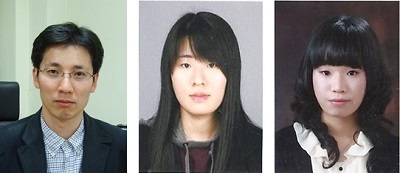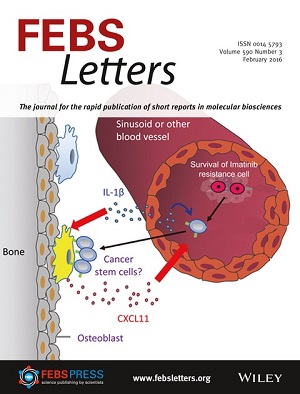Media Center
A multimedia mosaic of moments at GIST
GIST Excellence
[Press Release] GIST Professor Sung-Gyoo Park"s research team identifies principle of drug resistance in chronic myeloid leukemia
- 엘리스 리
- REG_DATE : 2016.03.11
- HIT : 1005
GIST Professor Sung-Gyoo Park"s research team identifies
principle of drug resistance in chronic myeloid leukemia

For most patients suffering from chronic myeloid leukemia (CML), the first line of therapy is usually a tyrosine kinase inhibitor (TKI), such as imatinib. However, certain cases of CML are resistant to TKI treatment. So researchers at the Gwangju Institute of Science and Technology led by Professor Sung-Gyoo Park of the School of Life Sciences have identified the principles of drug resistance in CML, and this discovery may offer new medical treatment options for patients.
The researchers generated a resistant cell line of CML (K562R) that lacks a mutation in the breakpoint cluster region of the Abelson murine leukemia virus (BCR-ABL), and the researchers noticed that interleukin-1β (IL-1 β) was more highly expressed in K562R than in the parental cell line, and the higher levels of IL-1 β contributed to the imatinib resistance in K562R. The researchers concluded that elevated IL-1 β production from TKI-resistant K562R cells may contribute to TKI resistance by increasing cell viability and promoting cell migration, suggesting that BCR-ABL mutation-independent TKI-resistant patients are difficult to treat because drugs that target BCR-ABL have no effect.

(Image) The cover of the February 2016 edition of FEBS letter.
Due to the important scientific ramifications of this research, the paper entitled "Secretion of IL-1b from imatinib-resistant chronic myeloid leukemia cells contributes to BCR–ABL mutation independent imatinib resistance" authored by Cho-Rong Lee, Jung-Ah Kang, Hye-Eun Kim, Yegyun Choi, Taewoo Yang, and Sung-Gyoo Park was selected as the cover report for the February 2016 edition of FEB Letters, which specializes in the rapid dissemination of important biomolecular research.
The research was supported by the Korean Health Technology R&D Project through the Korea Health Industry Development Institute, which is funded by the Ministry of Health and Welfare, Republic of Korea, and by the Integrative Aging Research Center at Gwangju Institute of Science and Technology.